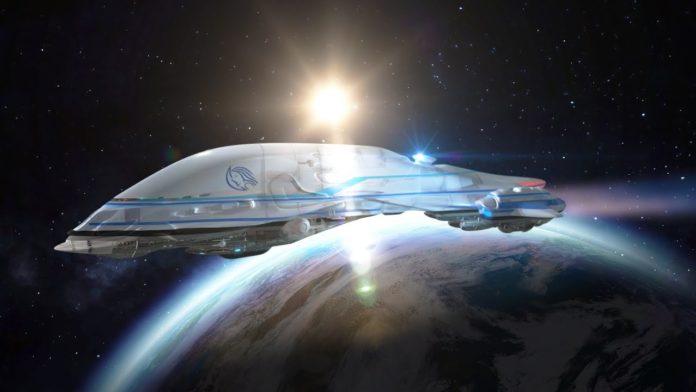From driving to the nearest shop to get some essentials, commuting to work by train or flying to your dream holiday destination, getting around the world has never been easier in 2019.
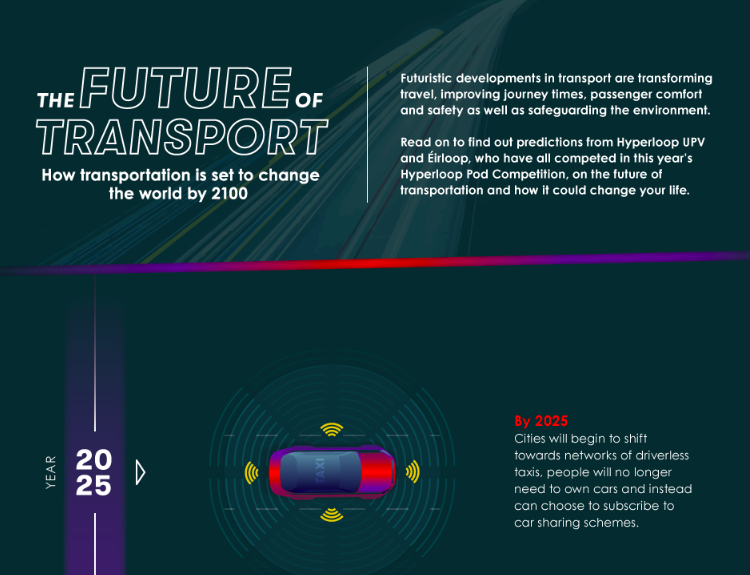 Transport has been completely revolutionised over the last 200 years, from the first steam railway built in 1804 all the way to the first powered aircraft in 1903 and even the first ever rocket that reached space in 1942.
Transport has been completely revolutionised over the last 200 years, from the first steam railway built in 1804 all the way to the first powered aircraft in 1903 and even the first ever rocket that reached space in 1942.
But what will transport look like by the end of the 21st century?
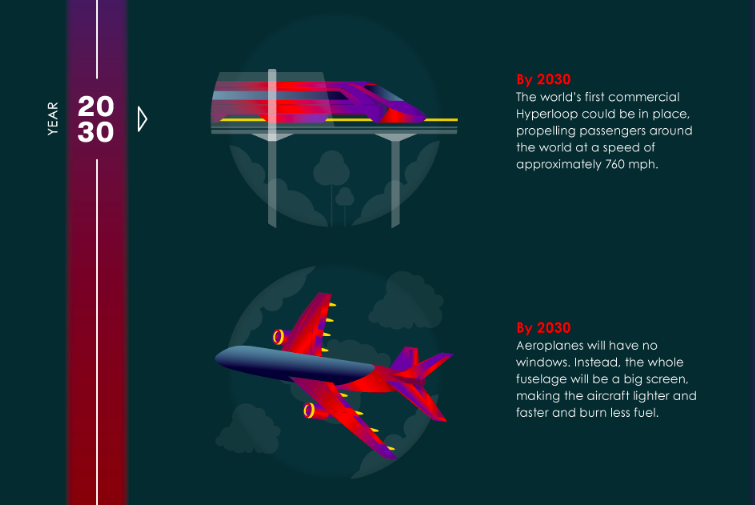 The 21st century has seen the birth of the digital age where technology has become embedded into our society.
The 21st century has seen the birth of the digital age where technology has become embedded into our society.
All industries have been impacted by this technological revolution, including transport, with the world now witnessing self-driving cars, drones that can deliver goods to your doorstep, and billionaires who are hoping to transport humans to Mars in the next couple of decades.
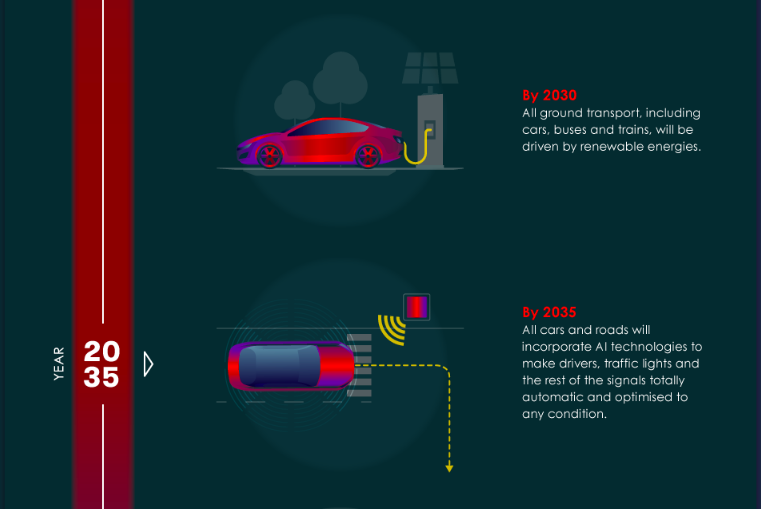
But what are the most exciting changes set to happen in the transportation industry and impact how the world gets around as a result? RS Components have created a graphic to show what to expect by 2100.
By 2030, humans will be able to travel by `Hyperloop around the world at a sonic speed of 760 mph. With the average commercial plane speed hitting 460-575 mph, travel time is set to decrease significantly, with it taking just over 4.5 hours to get to New York City from London.
The future of transport is also green, with all ground transport including cars, buses and trains will be driven by renewable energies to tackle this global issue.
With the population increasing, the current roads and systems of transport simply aren’t equipped to support this amount of people.
The solution is to look to the skies, with Irish SpaceX Hyperloop pod competition team, Éirloop, predicting that humans will be ‘driving in the sky’ where far more space can be found than on roads or underground.
 Finally, by 2100, it has been predicted that a hyperloop will be operating outside of Earth, transporting passengers to other colonies in space.
Finally, by 2100, it has been predicted that a hyperloop will be operating outside of Earth, transporting passengers to other colonies in space.
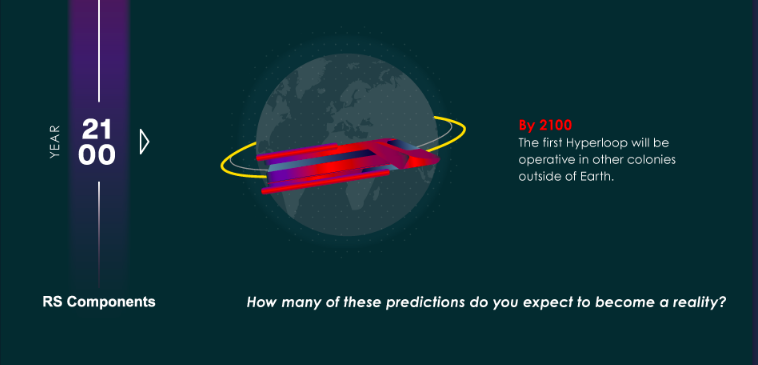 Are you ready for the next century of transport?
Are you ready for the next century of transport?
(InfoGraphic Sponsored by RS Components)


